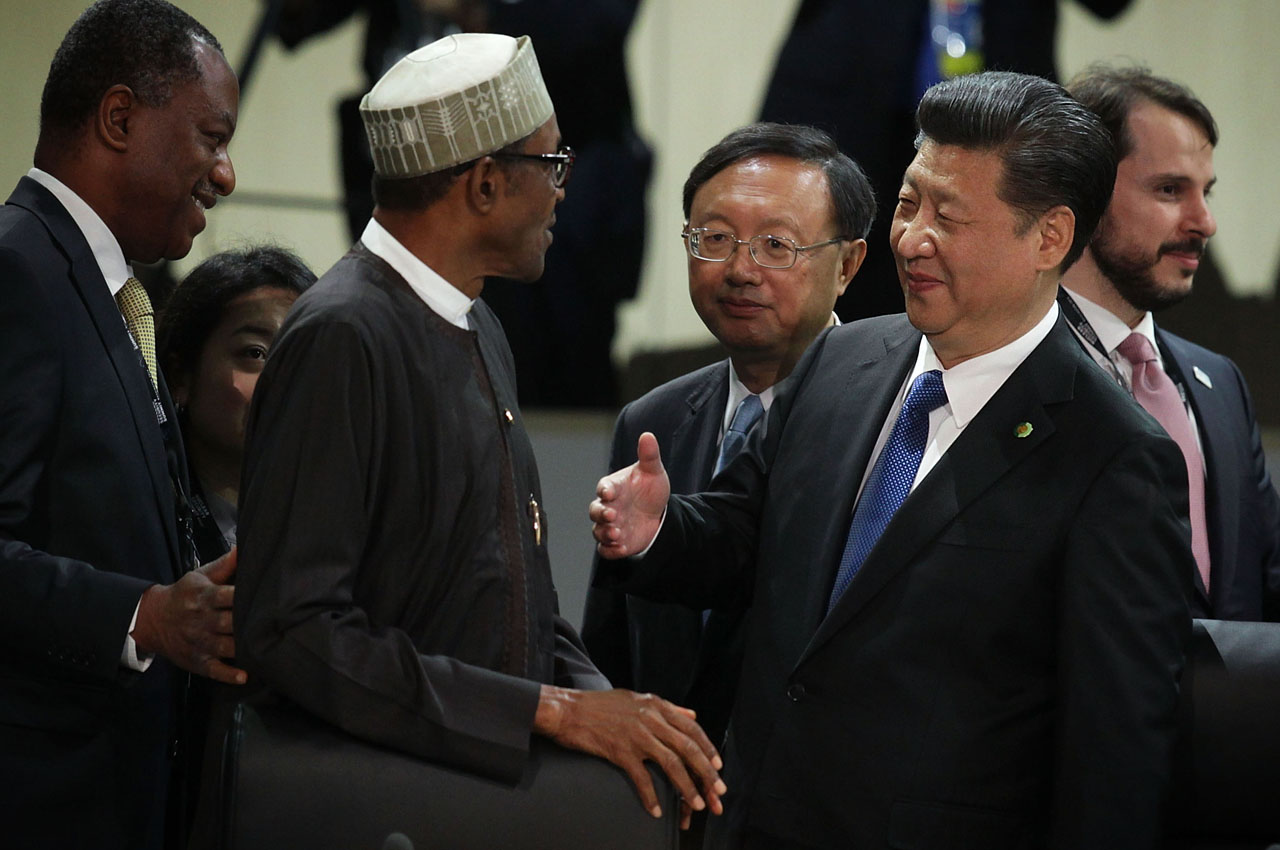Amid Nigerian President Muhammadu Buhari’s visit to Beijing this week, Foreign Minister Geoffrey Onyeama announced that China has offered Nigeria a $6 billion loan to pay for infrastructure projects. President Buhari aims to increase spending on public works projects as a means of kickstarting economic growth. Nigeria is facing its worst economic crisis in decades as low global oil prices continue to hit public finances in the crude-exporting country.
Meanwhile, Finance Minister Kemi Adeosun said on April 9 that she is forecasting a budget deficit of 2.2 trillion naira ($11 billion) in 2016, and stressed the need for fiscal discipline. The forecast comes amid increasingly negative economic indicators.
Inflation, as measured by the National Bureau of Statistics (NBS), rose to 12.8% in March – its highest level in almost four years – from 11.4% in February. This is mainly as a result of higher food and gasoline prices coupled with restrictions on foreign currency movements. The NBS reported on March 22that unemployment rose to 10.4% in the final quarter of 2015, up from 9.9% in the previous quarter. Meanwhile, the IMF has lowered its 2016 growth forecast for Nigeria by almost one percentage point to 2.3%.
A short term fix
The loan deal will ease some pressure on Buhari in the short term by allowing him to announce the start of construction and other infrastructure projects. Loans from the Chinese government are likely to command lower interest rates than those available from commercial lenders. Moreover, China is unlikely to demand the reforms and oversight that the World Bank or IMF typically impose as conditions for lending. The Chinese loan is likely to take the form of a credit line that can be accessed on a project by project basis.
Nonetheless, a devaluation of the naira versus the US dollar remains likely in 2016. The Chinese loan does not address the disparity between the official naira exchange rate of 197-199 to the dollar and the actual market rate of approximately 320.
Financial markets remain convinced that the government will devalue the naira, and until it does investors will remain reluctant to commit money to Nigeria. Difficulties sourcing foreign exchange, and in some cases shortages of industrial and other goods as a result of foreign exchange restrictions, will continue to adversely impact businesses with operations in Nigeria.
The loan amount is larger than expected, putting Nigeria at risk of struggling to repay if the oil price falls further.
Buhari is aware of the need to diversify sources of government income, and wants to broaden Nigeria’s tax base and expand its portfolio of export goods.
These measures are likely to take years to generate significant additional government revenue, and infrastructure projects are themselves unlikely to generate sufficient income to finance loan repayments in the near term.







